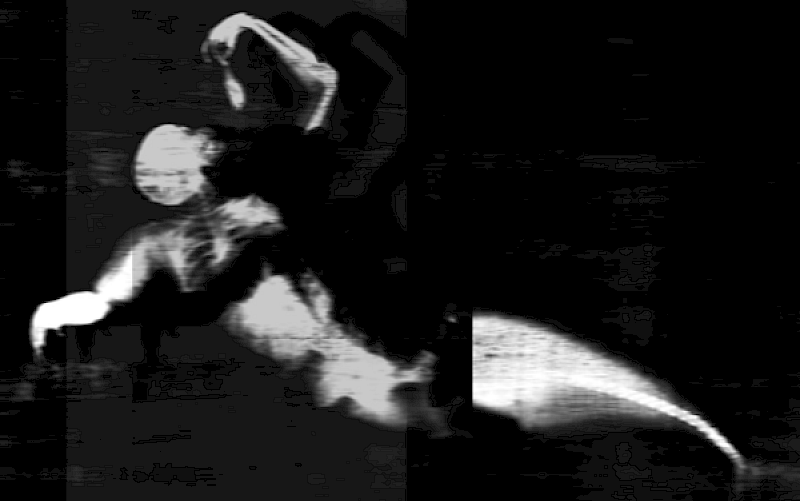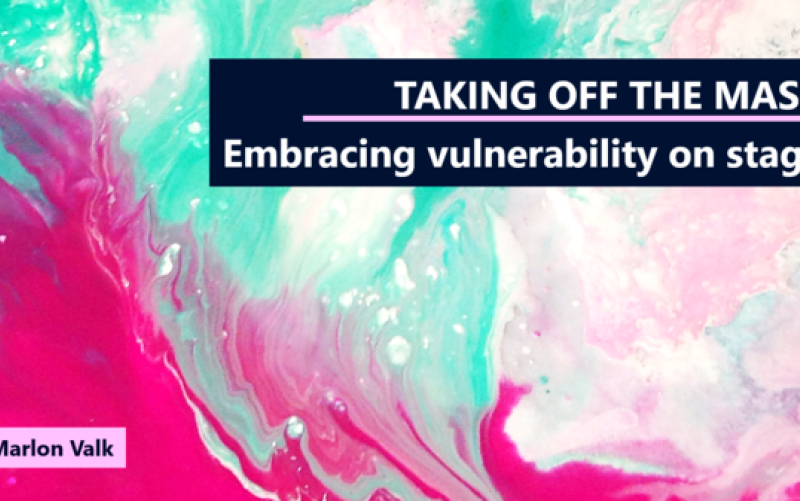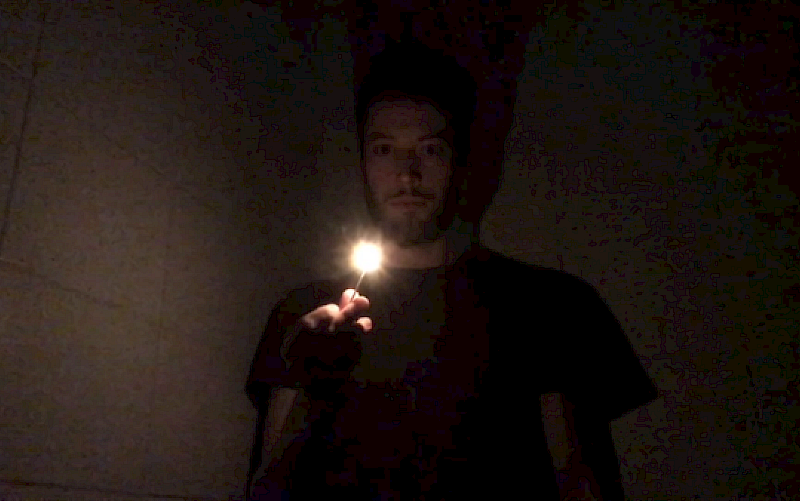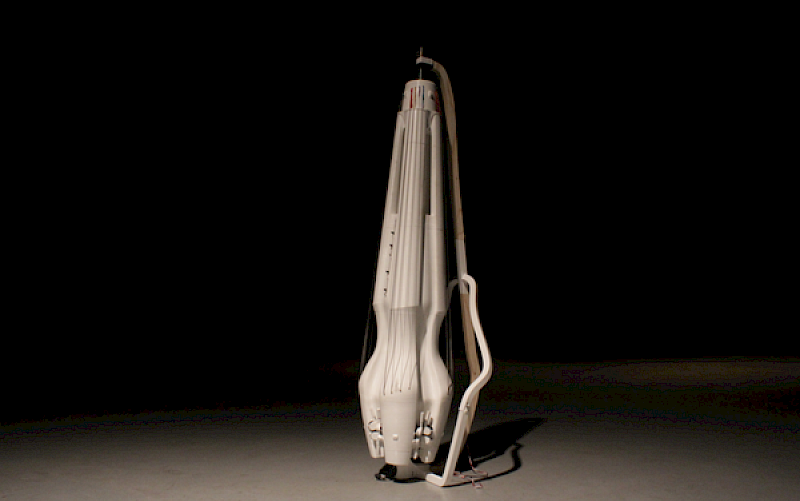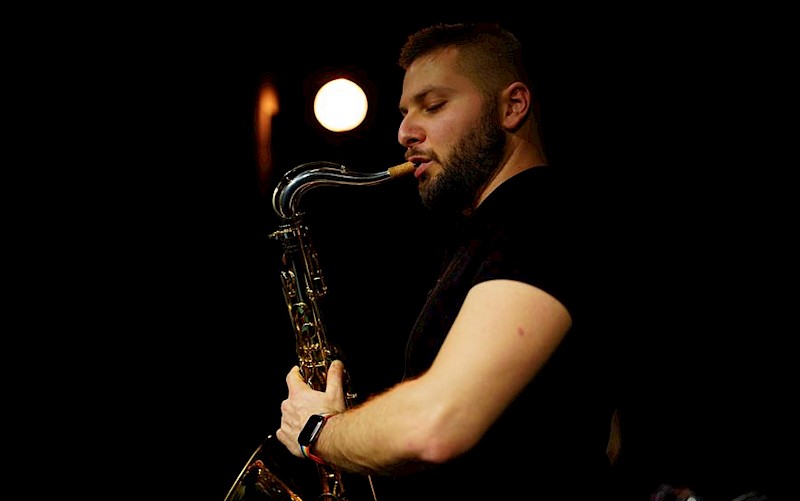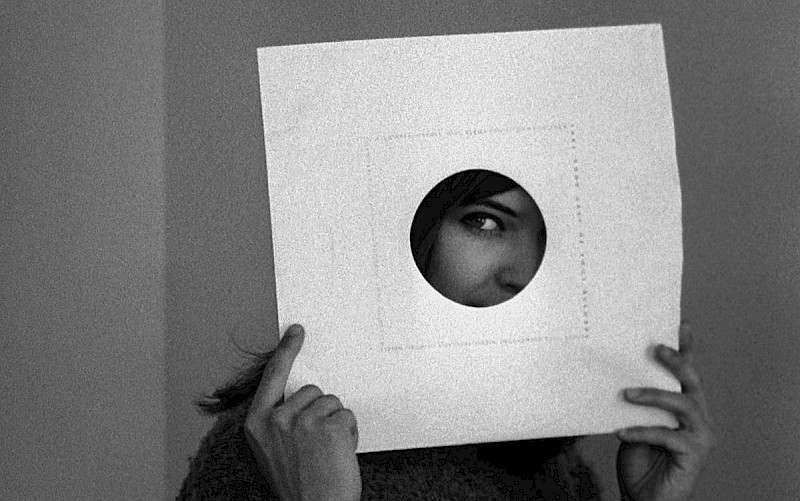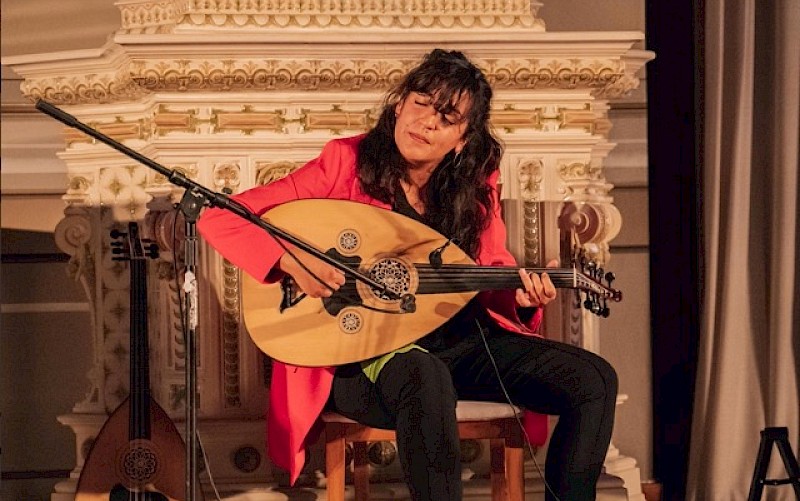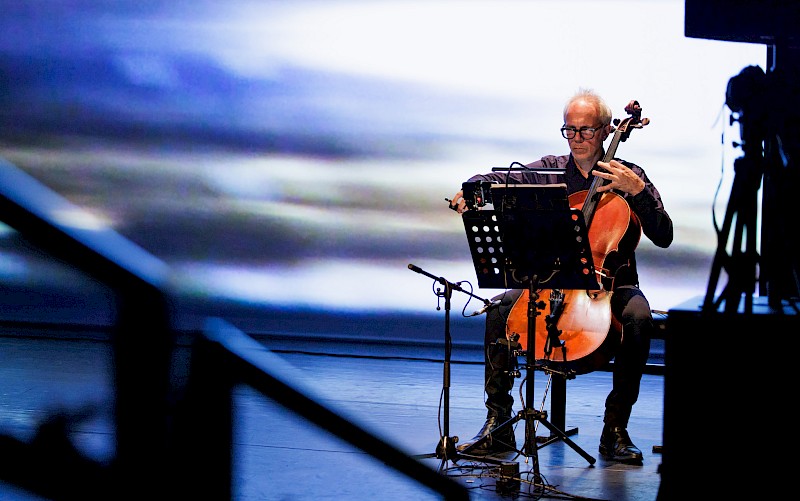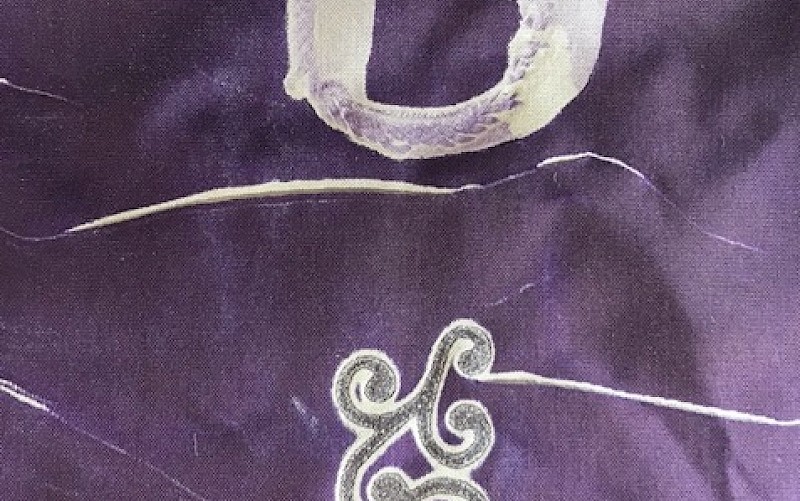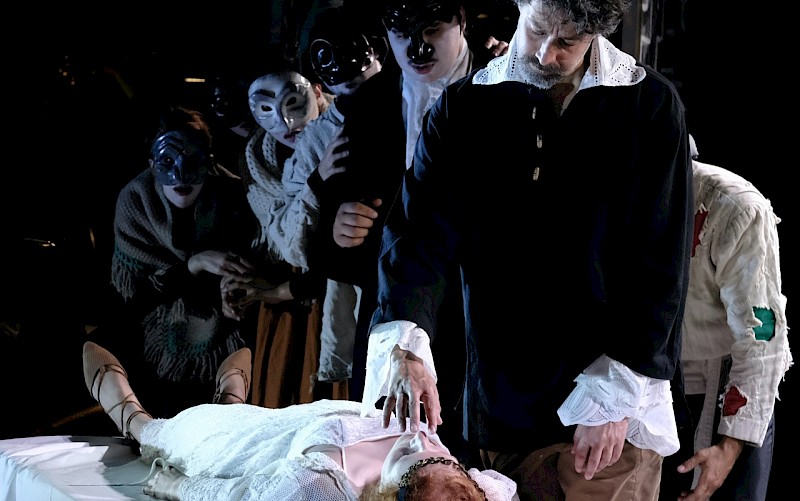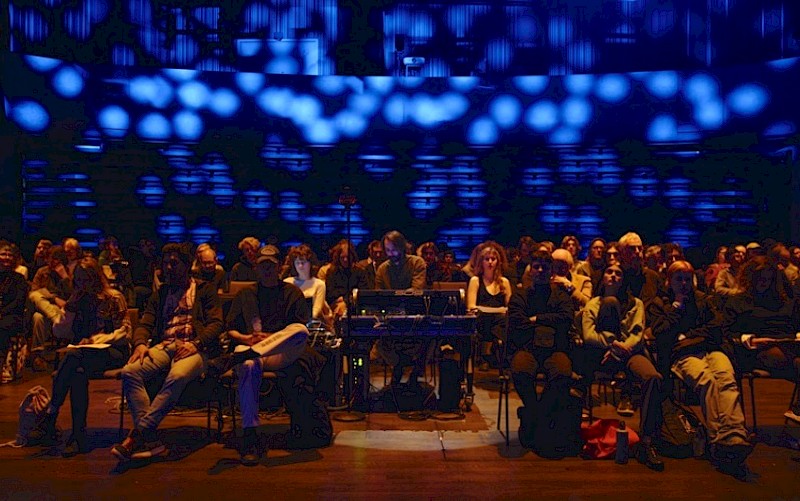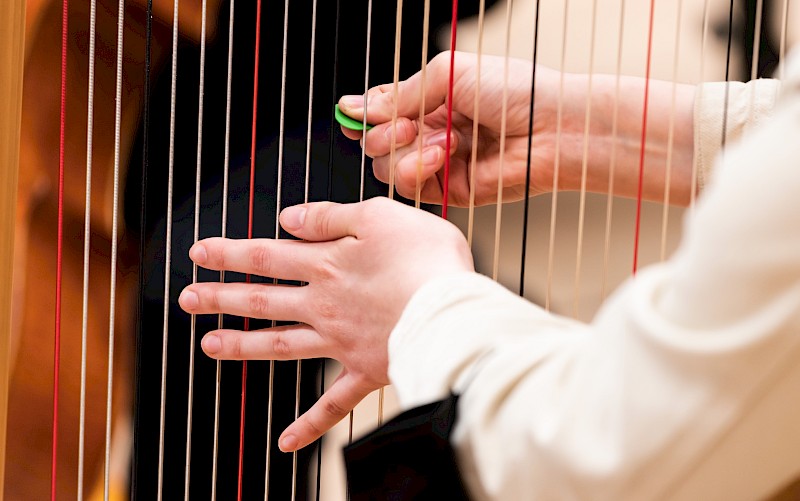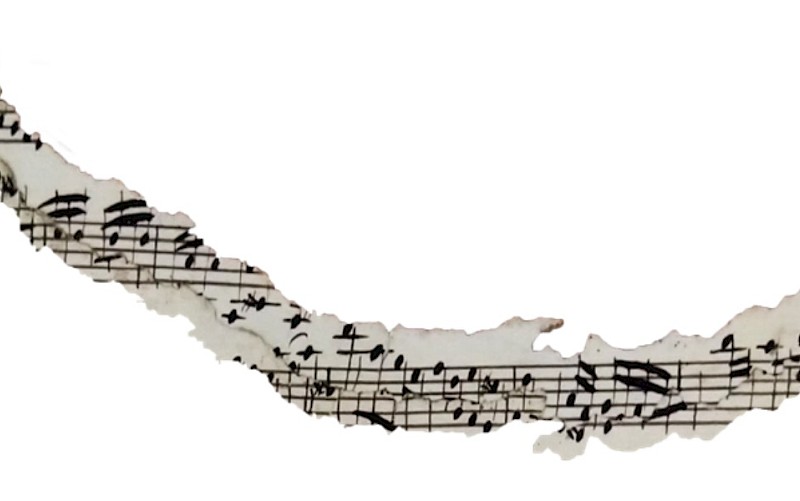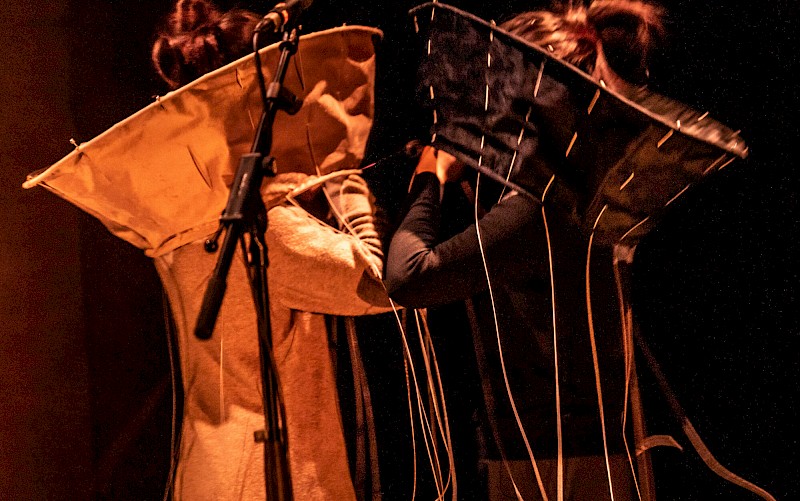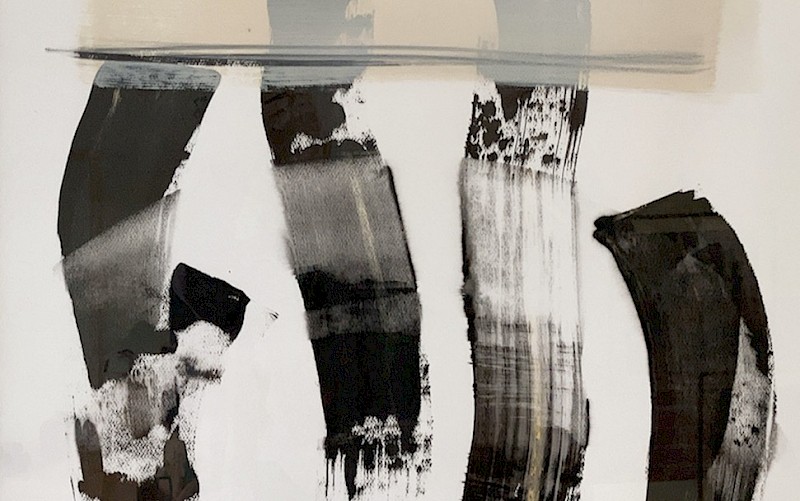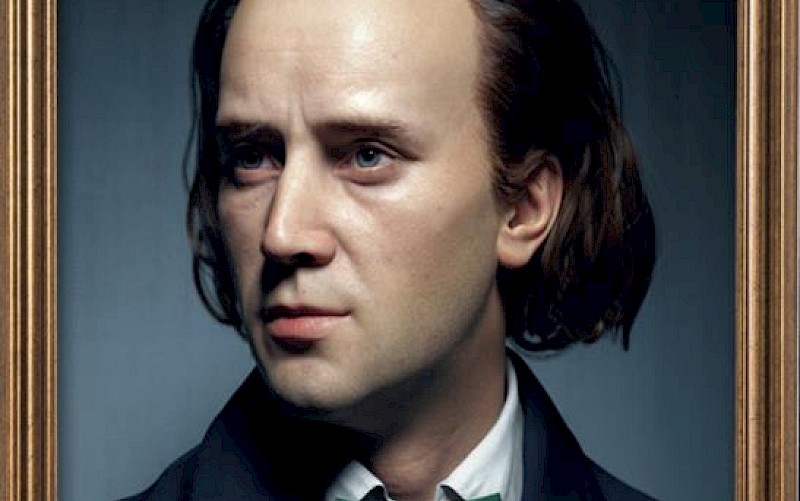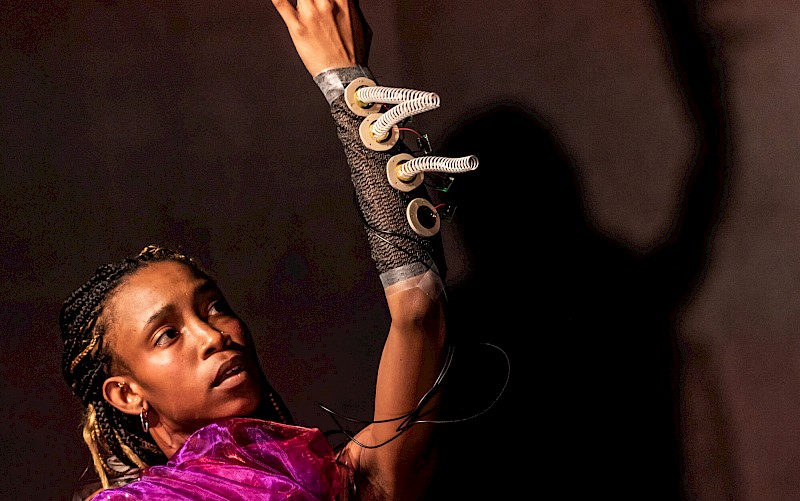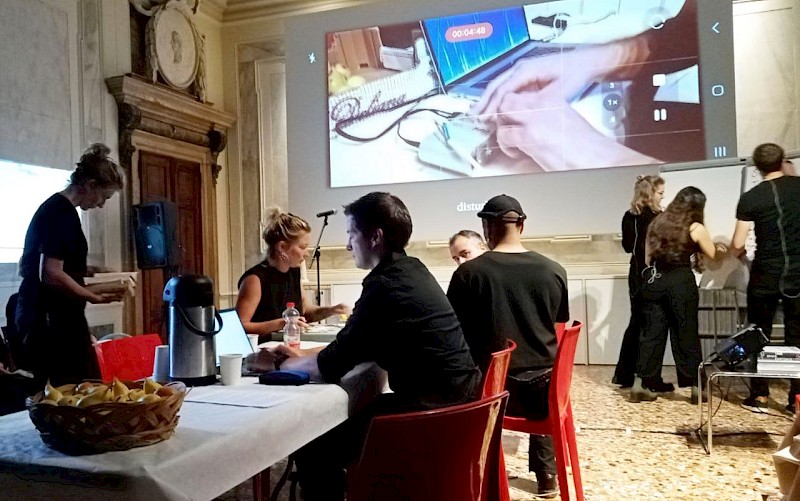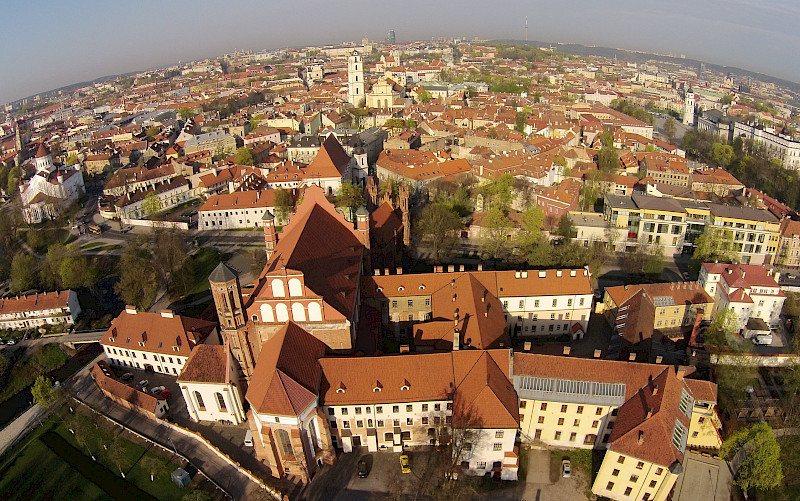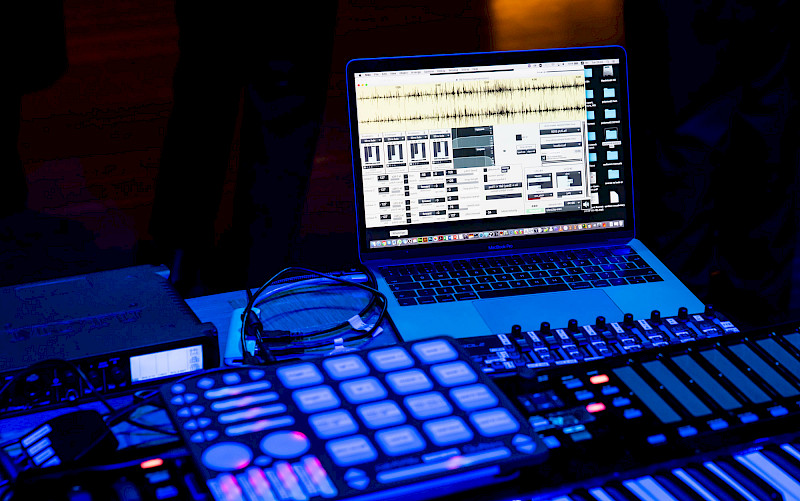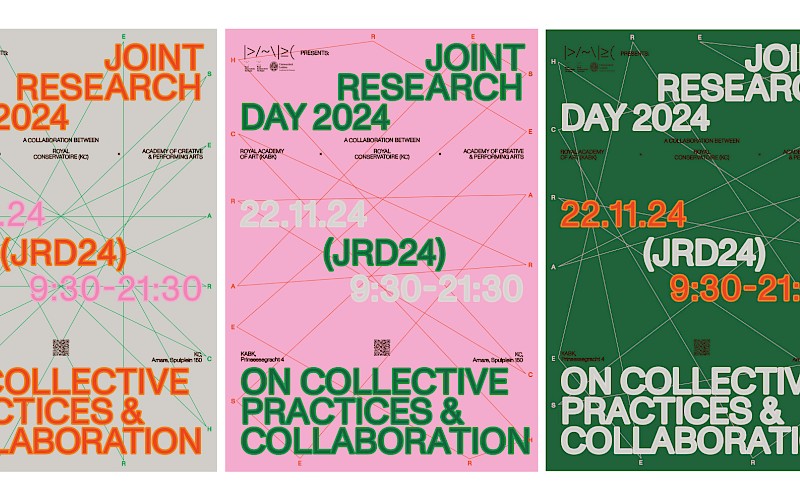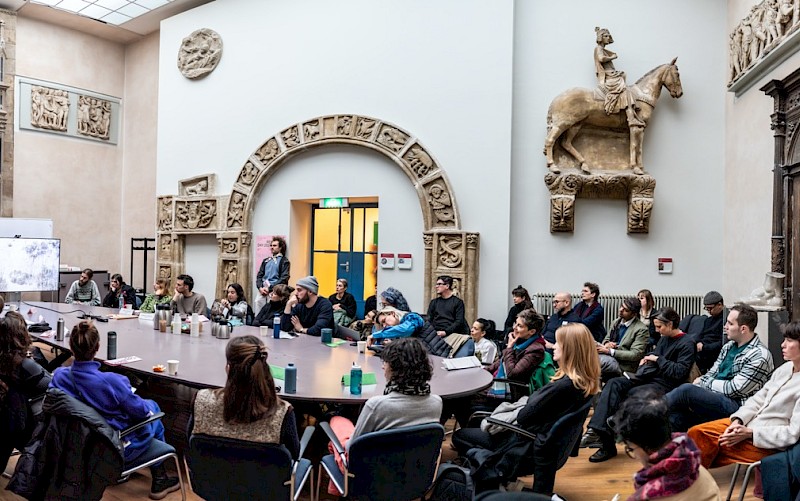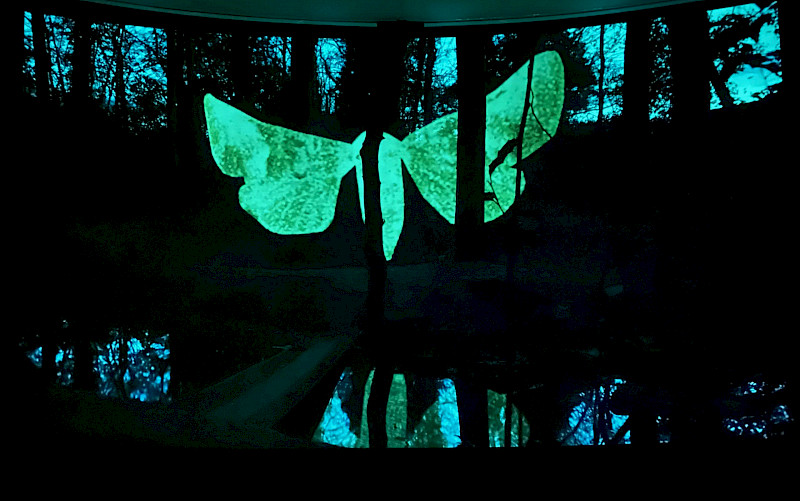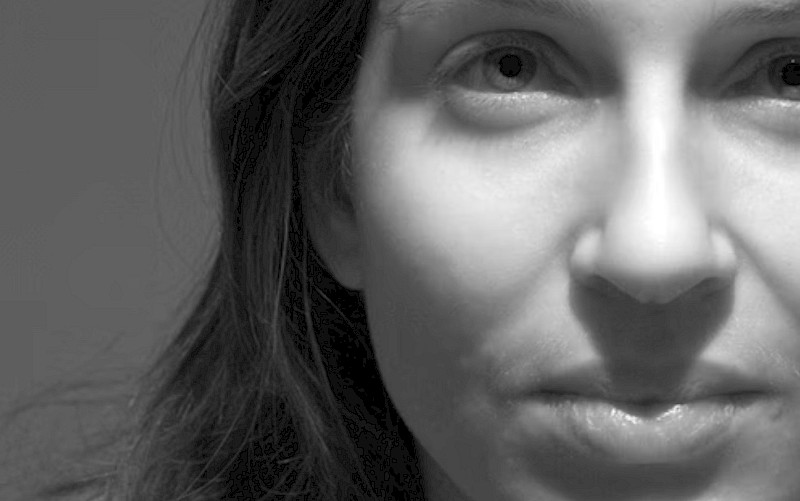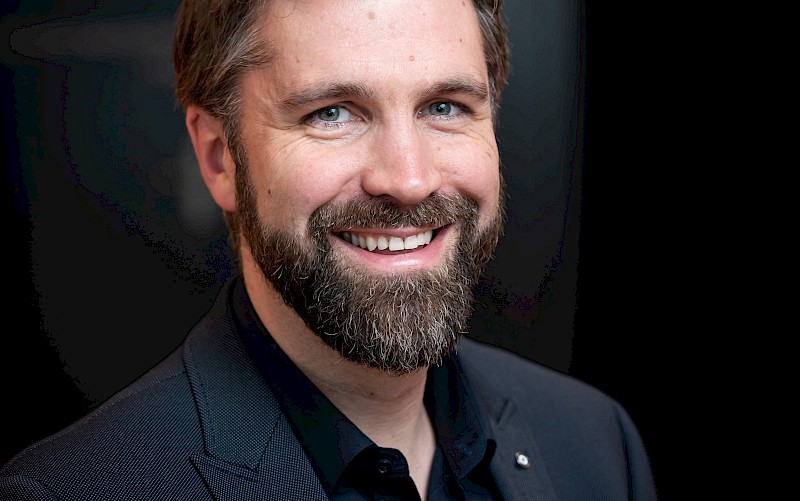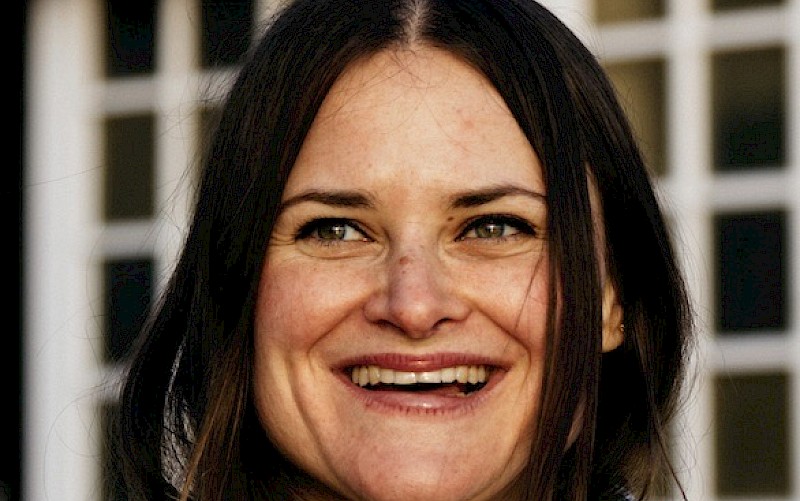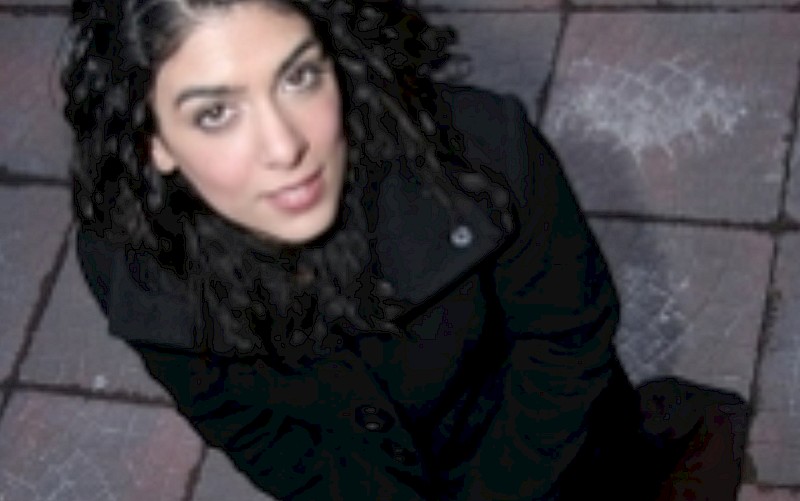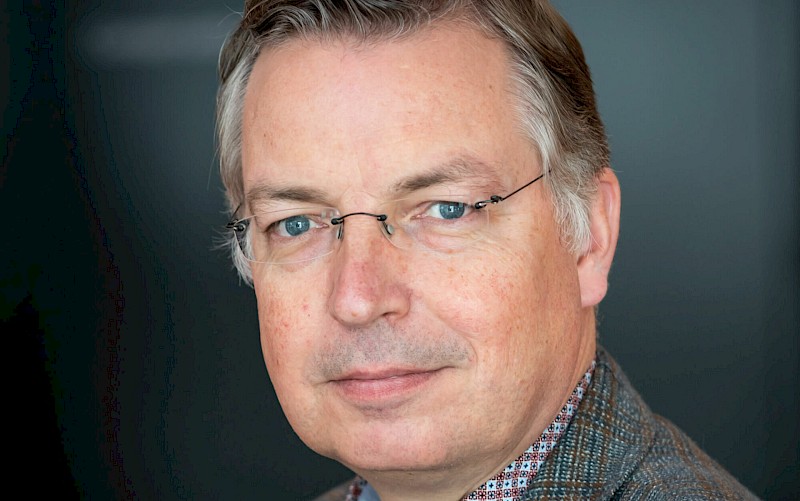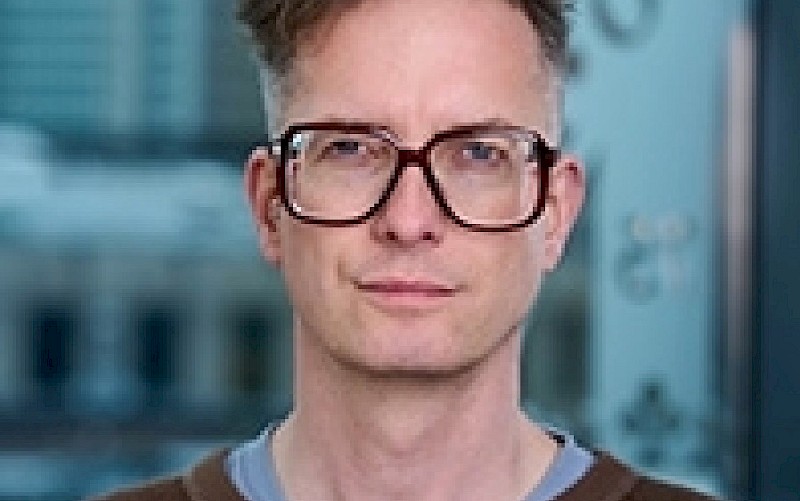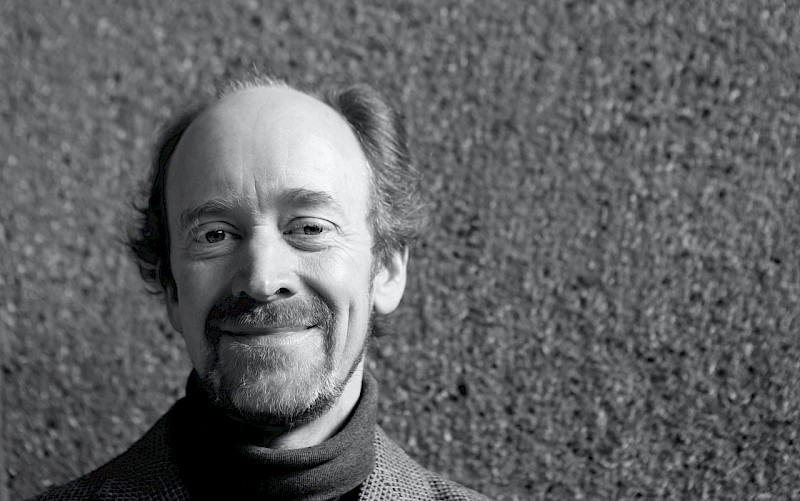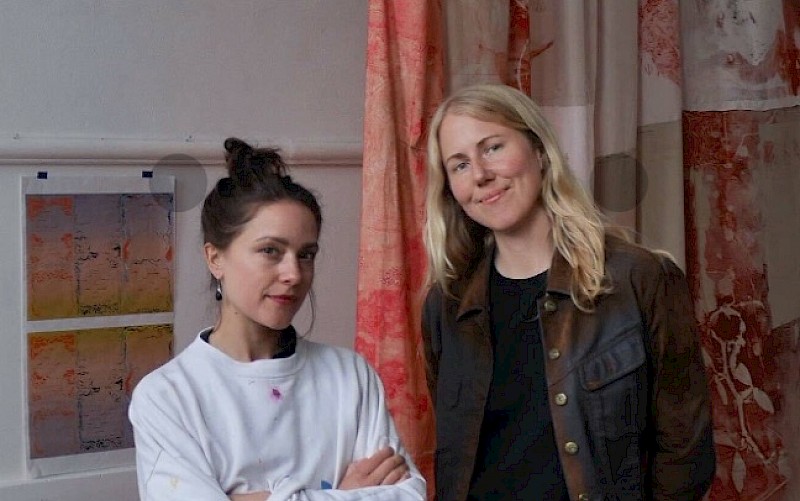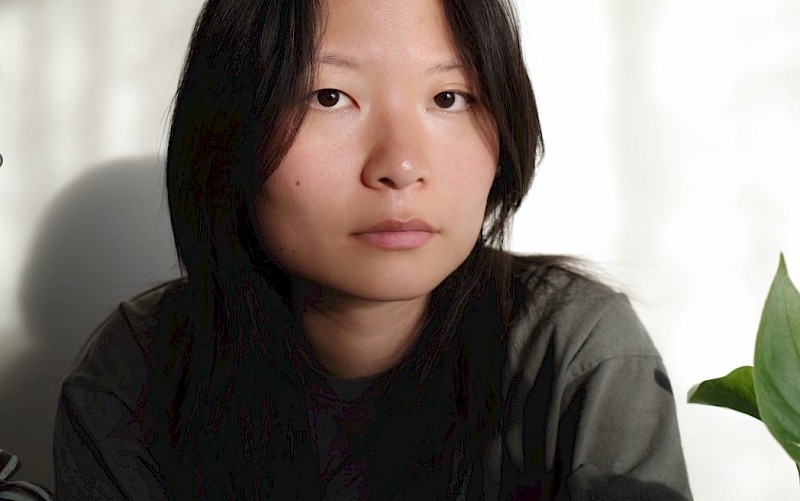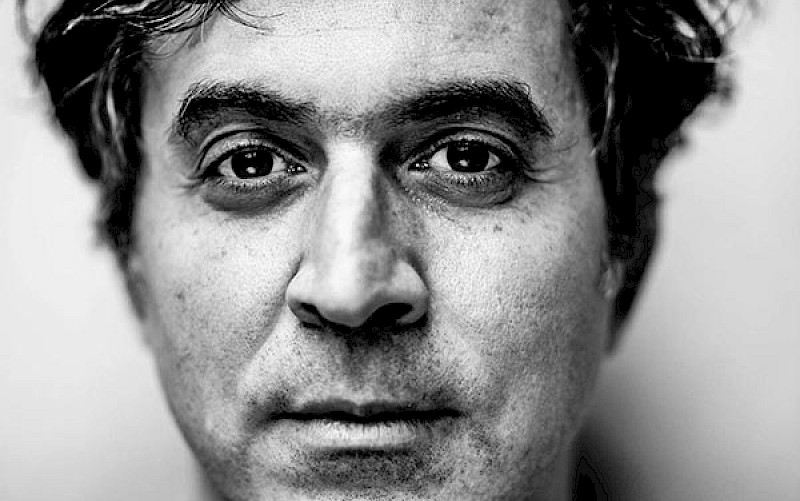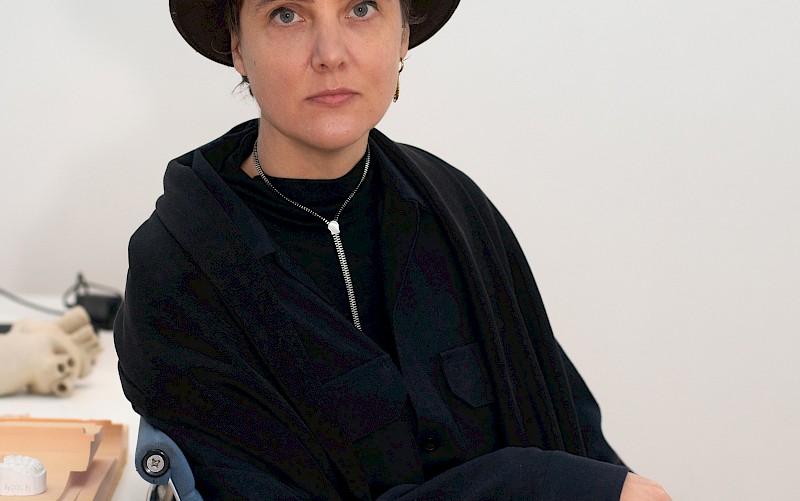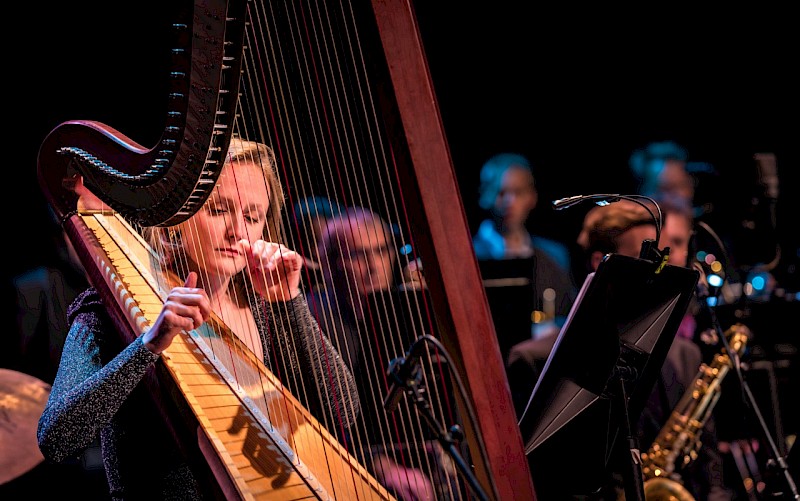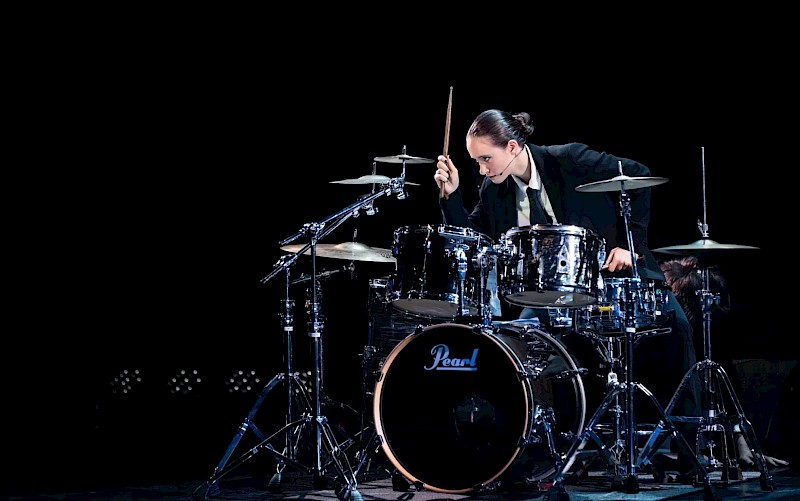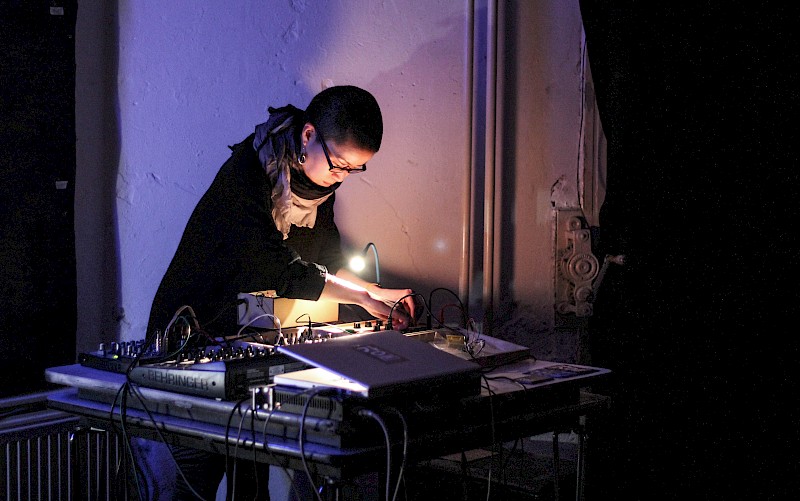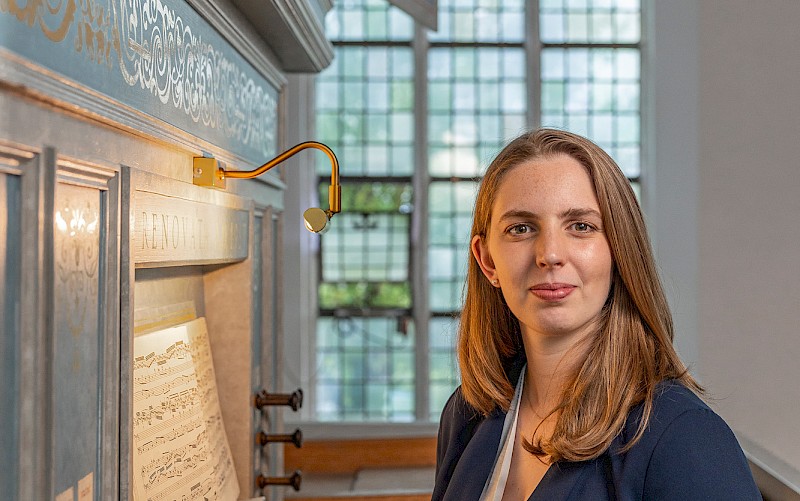Rethinking the traditional concert format through the lens of Russian mystic composer Nikolai Obukhov
Born in 1892, composer Nikolai Obukhov belongs to the Russian avant-garde generation and was one of the pioneers in experimenting with twelve-tone systems, notation, and electronic instruments. He stands out from his contemporaries having inherited not only some aspects of Alexander Scriabin’s musical style, but, most prominently, the Russian symbolist belief in transcendence and collective spiritual uplifting through the performative act as well. The metaphysical substance and religious symbolism of Obukhov’s body of work reveals itself as a very rich and exciting source of inspiration for performers today. In this exposition I analyze the most relevant features of Nikolai Obukhov’s aesthetic, from his conception of the total work of art, to his harmonic language and annotations on the score, contextualizing them in the broader cultural and philosophical panorama of Russian Symbolism. I focus on understanding the social function of musical performance, and by conceptualizing certain basic principles, I shape my own performative approach to Nikolai Obukhov’s solo piano works. In the creative process of building a more holistic performance practice inspired by Russian Symbolism, the role of the modern performer expands from one of mere executor to the curator of an experience both for themself and for their audience. With this research I intend to encourage the musical community to reflect on our current relation with performance, to experiment with different concert formats, and to realize that we too, like the artistic community of Russians mystics, can project our own hopes about the future of civilization in our performance practices.
Author: Carlota Carvalho
